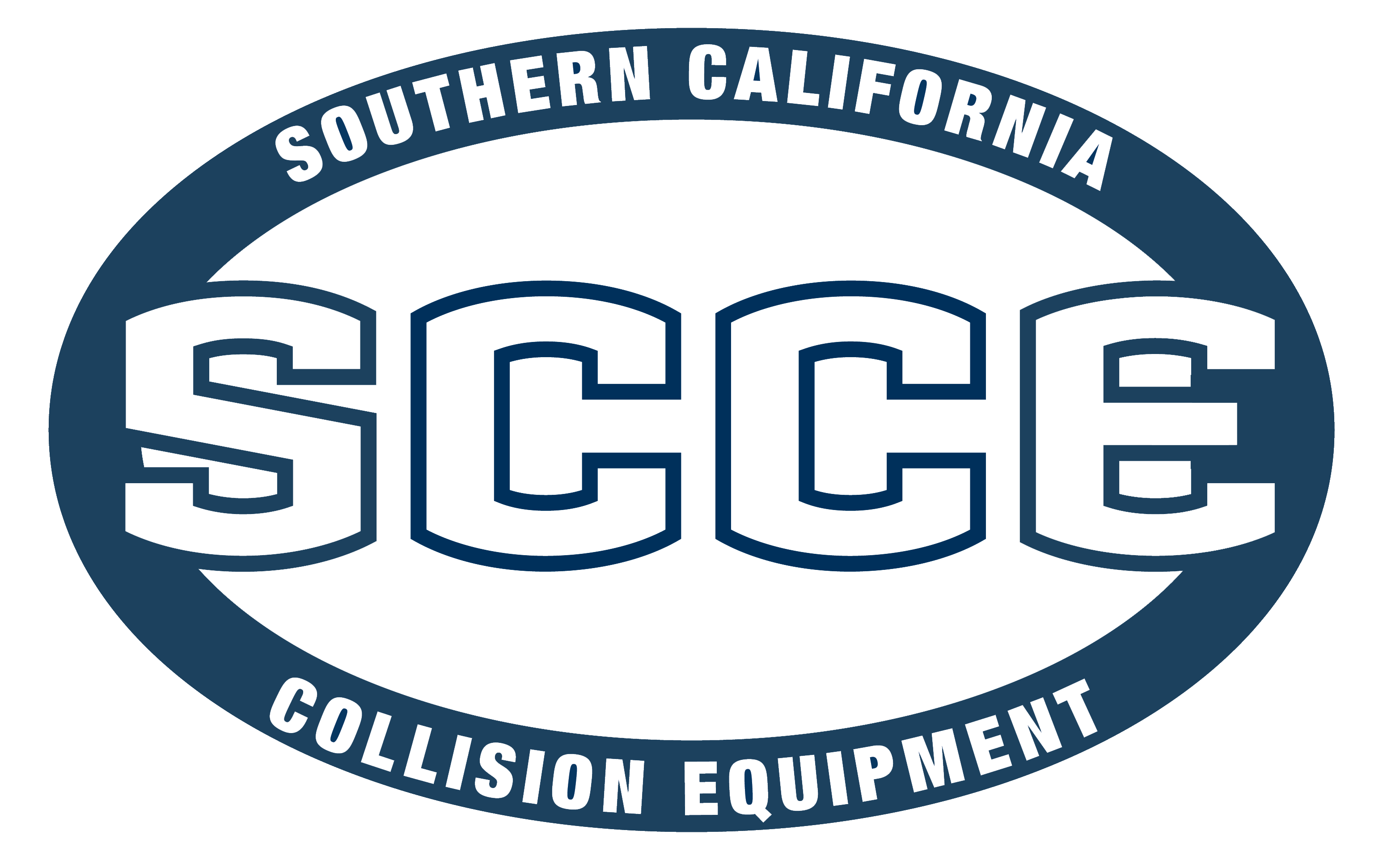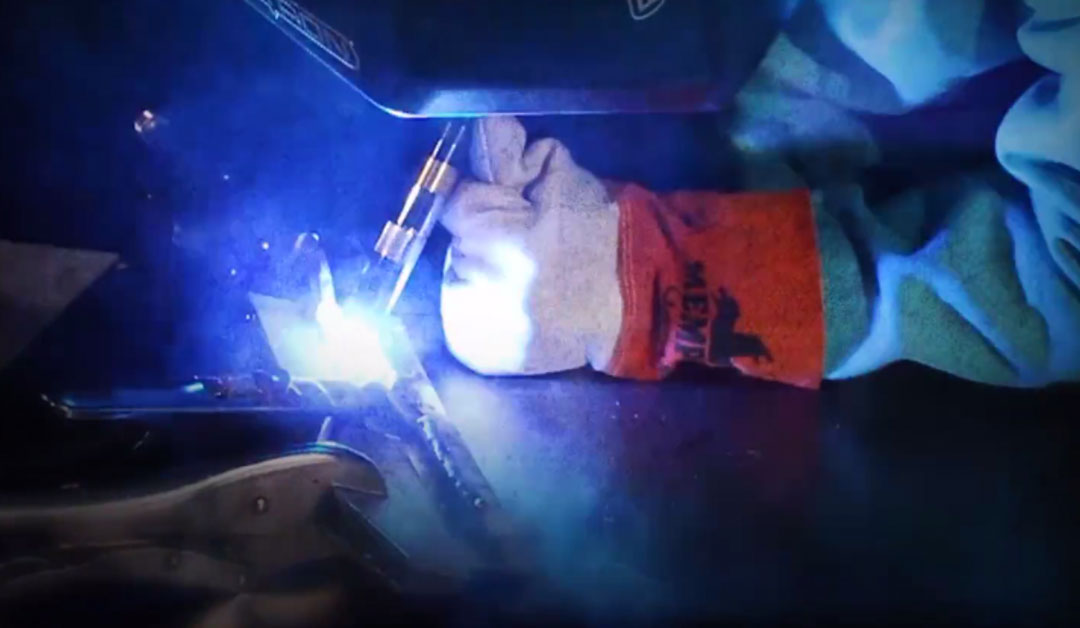Today’s vehicles are designed to be lighter and more efficient with handling bigger loads, and the tools needed to repair these vehicles are more advanced and specialized than ever.
Not sure what you need? Chief has all the tools you need to repair aluminum vehicles. Here’s what you need to know about aluminum—and what you’ll need to look for when choosing equipment to repair vehicles both correctly and efficiently.
The Aluminum Challenge
Returning aluminum-based vehicle bodies to manufacturer standards is different than working with steel because aluminum has a much lower melting point and higher thermal conductivity. This means your standard equipment likely won’t work for these jobs. The reason: there’s a higher risk of burnthrough with this type of metal, and aluminum welders have unique technologies to reduce that risk.
Let’s examine the features of two types of welders you might use in your shop—MIG welders and stud welders—and explore what to keep an eye out for as you choose an aluminum-capable machine for your shop.
Aluminum MIG Welders
A big player in vehicle repairs, these welders are key to the success of your body shop. There are several things to look for when it comes to MIG welders for aluminum, including:
- Synergic pulsed technology. Most OEMs require this type of technology when welding aluminum – it simplifies controls with pre-programmed settings. Be sure your welder is OEM-approved.
- Inverter power. Welders that use this kind of power supply allow for better control over power outputs, which means better welds.
- Torch design. The wire used in aluminum MIG welding is softer than that used for welding steel. A specialized push-pull torch will keep the softer wire from getting tangled. Also consider a setup that keeps the gun light and easy-to-manage. For example, the MultiMig 522 houses the spool on the main machine rather than the gun, making it easier to use.
- Input power voltage. Take note of the power capabilities of potential welders. A higher rate means you’ll be able to handle thicker aluminum materials.
Ultimately, you’ll want to choose a versatile welder that can handle the standard steels you’re used to seeing but also switch gears to take on a larger variety of jobs. Can you switch between torches? Does it have the technology to handle both types of jobs? Look to answer these questions as you make your selection.
Aluminum Stud Welders
These welders are essential to dent repair jobs and will be an important part of your aluminum repair arsenal. When shopping around, keep these key considerations in mind:
- Capacitor discharge technology. One aspect that complicates aluminum patch-ups is surface aluminum oxidation, which occurs naturally. To combat this, look for a stud welder that offers capacitor discharge technology, which delivers quick, high-current pulses to break through the aluminum oxide layer.
- Consider amperage. In order to work with aluminum, a stud welder needs to have a higher amperage so be sure to check the specs.
- Consistent quality. Besides offering the necessary technical requirements for aluminum, you’ll also want a machine you know you can count on to consistently produce strong, safe welds. Your techs – and customers – will be glad you did.
Rivet Guns
Rivet guns are an essential part of the auto body repair process—and efficient rivet guns make returning vehicles to factory specifications both convenient and fast. When shopping around for a rivet gun, look for:
- Universal technology. Universal units make it easy to switch attachments for different applications, like riveting, punching, pressing out and calibrating.
- Strong construction. Riveting guns should be made of sturdy construction material that’s easy to transport and manipulate around the project. The Chief HD Rivet Gun provides the strongest hydraulic force for bodywork with 10 tons of compressive force and 8 tons of tension force.
Fume Extractors
Repairing vehicles is important, but protecting the healthy and safety of your technicians is also a top priority. Investing in a fume extractors can help reduce your welders’ exposure to contaminants, like weld-fume particulate, that can lead to serious illness. When looking for a fume extractor, look for units that:
- Run quietly. Quiet electric motors should blend in with ambient shop sound levels to keep noise down—and protect your welders’ hearing.
- Have wide-ranging airflow. The Chief Fume Extractor provides 750 CFM of airflow to quickly move flux burn off the welding area.
- Move easily. Easy-to-reach (and read) controls, along with swivel casters) make transporting the fume extractor from one place to another easy.
- Have solid construction. Heavy-gauge steel construction on your fume extractor makes it durable and allows for quick and easy maintenance.
As with any equipment, you’ll want to make sure the tools you choose are reliable and come with stellar support after the sale. The need to repair aluminum vehicles will continue well into the future. Make sure the equipment you purchase now will be around for the job.

